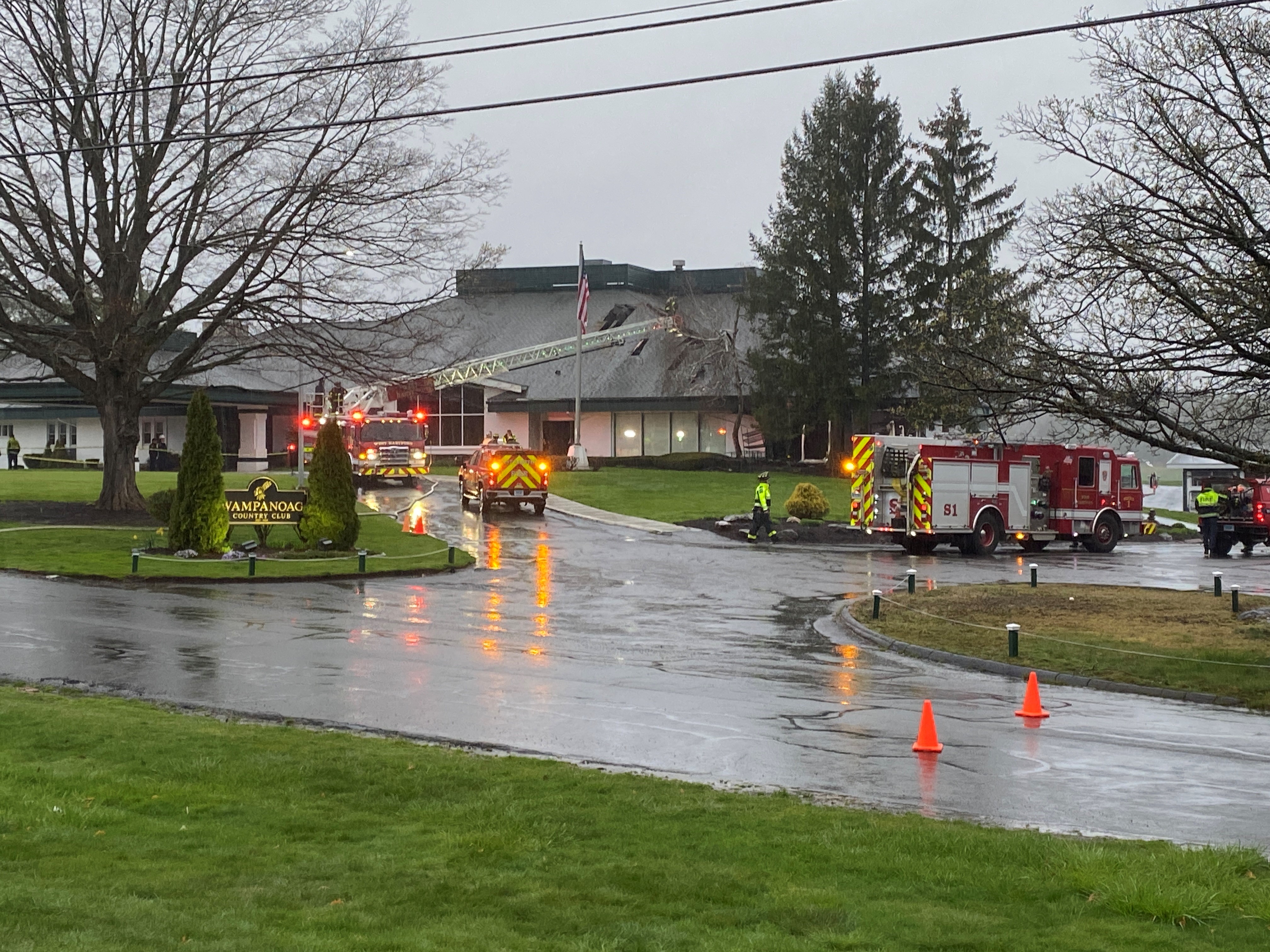
The Ivy League has decided not to conduct intercollegiate athletics competition this upcoming winter season.
Competition for spring sports is also postponed through at least the end of February, the Ivy League Council of Presidents said in a statement.
The Ivy League voted unanimously to cancel the winter season. They also announced that competition for fall sports during the upcoming spring semester will not happen.
Men's and women's basketball competition will be canceled. Other sports impacted are wrestling, indoor track and field, swimming and fencing.
"Regrettably, the current trends regarding transmission of the COVID-19 virus and subsequent protocols that must be put in place are impeding our strong desire to return to intercollegiate athletics competition in a safe manner," the Ivy League said in a statement.
"Student-athletes, their families and coaches are again being asked to make enormous sacrifices for the good of public health — and we do not make this decision lightly. While these decisions come with great disappointment and frustration, our commitment to the safety and lasting health of our student-athletes and wider communities must remain our highest priority," the statement continued.
The Ivy League said the decision came as they considered all options and strategies to mitigate the transmission of COVID-19, an analysis of current increasing rates of the virus, and the resulting need to continue the campus policies related to travel, group size and visitors to campus.
Local
Athletics training opportunities and practices for enrolled student-athletes will still be allowed, "provided they are structured in accordance with each institution’s procedures and applicable state and local regulations," the Ivy League said.
Winter and fall sport student-athletes will not lose a season of Ivy League of NCAA eligibility, whether or not they enroll.
The Ivy League said they will continue to closely monitor and evaluate the public health climate as well as consider changes to policies when warranted.



